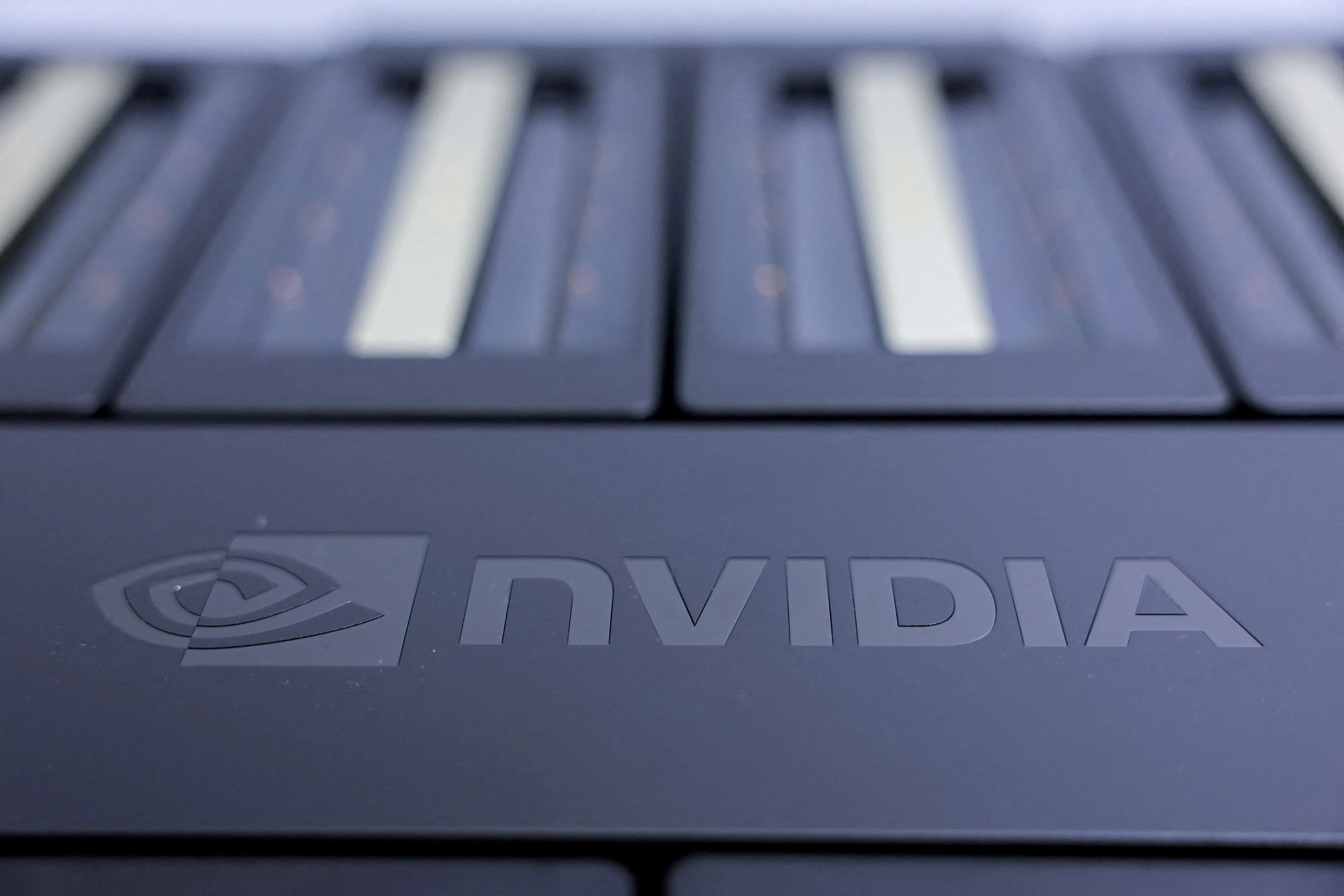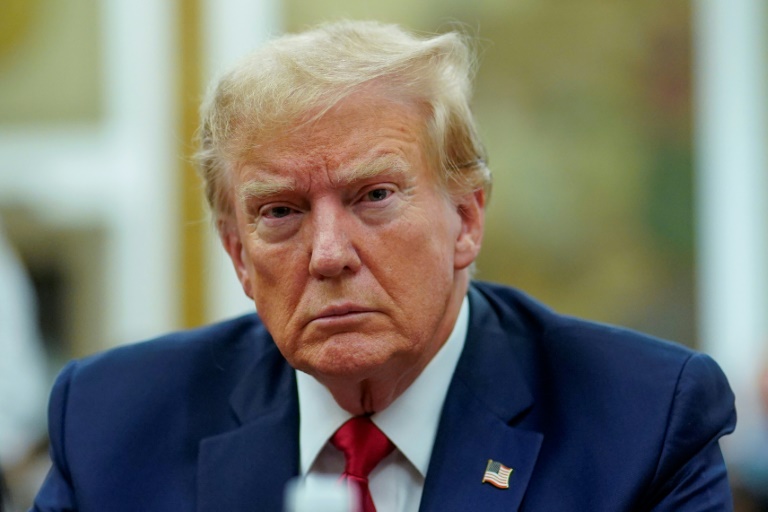NVIDIA CEO Jensen Huang, whose products have become the hottest commodity in the technology world, said that the scramble for a limited amount of supply has frustrated some customers and raised tensions.
“The demand on it is so great, and everyone wants to be first and everyone wants to be most,” he told the audience at a Goldman Sachs Group technology conference in San Francisco. “We probably have more emotional customers today. Deservedly so. It’s tense. We’re trying to do the best we can.”
Huang’s company is experiencing strong demand for its latest generation of chips, called Blackwell, he told the audience. The Santa Clara, California-based business outsources the physical production of its hardware, and Nvidia’s suppliers are making progress in catching up, he said.
Nvidia’s chips are used by data centre operators to develop and run artificial intelligence (AI) models. And the feverish appetite for such services has sent its sales – and stock price – soaring. The shares have more than doubled this year, following a 239 per cent run-up in 2023.
But the company counts on a small number of customers – data centre operators such as Microsoft and Meta Platforms – for much of its revenue.
Huang was asked whether the massive AI spending is providing customers with a return on investment. That has been a concern during the tech industry’s AI frenzy.
BT in your inbox
Start and end each day with the latest news stories and analyses delivered straight to your inbox.
But he said companies have no choice other than to embrace “accelerated computing”. Nvidia’s technology speeds up conventional workloads – data processing – as well as handling AI tasks that older technology can’t manage, he said.
Nvidia leans heavily on Taiwan Semiconductor Manufacturing Co (TSMC) for production of its most important chips and does so because that company is the best in its field by a large margin, Huang said. But geopolitical tension has raised risks. China sees TSMC’s home island as a rogue province, stoking concerns that it might try to reclaim the territory. That could potentially cut off Nvidia from the key supplier.
Huang said he develops much of the company’s technology in-house and that should allow Nvidia to switch orders to alternative suppliers. Still, such a change would likely result in a reduction in quality of his chips, he said.
TSMC’s “agility and their capability to respond to our needs is just incredible”, he said. “And so we use them because they’re great, but if necessary, of course, we can always bring up others.” BLOOMBERG






